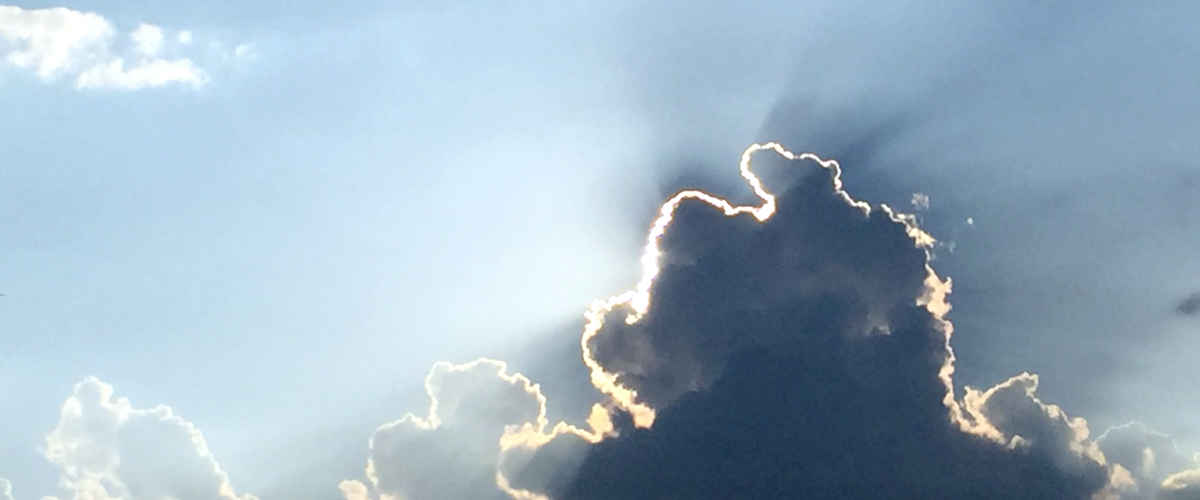11/21/2024 Torah Commentary
יום ירושלים
Jerusalem Day
Día de Jerusalén
שאלו שלום ירושלים
Pray for the peace of Jerusalem
Orad por la paz de Jerusalén
Due to an extremely heavy travel schedule these past few weeks we shall focus on last week’s portion. It is called “Vayera”. You will find it in the Book of Genesis 18:1 – 22:24. Because “Vayera” is the section that perhaps contains the greatest literary chapter of the entire Bible, namely chapter 22 of Genesis, there is a tendency to want to write only about this chapter. In Hebrew literature we know this chapter by the name the “Akedah” often translated into English as: the “Binding of Isaac.”
The entire parashah, however, offers us a great number of insights into the nature of human beings and what leadership is all about.
One way that we might attempt this almost impossible task of analyzing one of the Bible’s most profound sections is to examine the parashah’s broad themes. One theme that unites this weekly section is that of “life and death.” It is G-d who both takes life (for example, in Sodom and Gomorrah) and it is G-d who perseveres life (Ishmael and Isaac). In the first case there is a political cynicism that runs through the tale, in the other cases, there is a desire to move on, to interact with G-d, to build and to create.
Looking at this week’s parashah from this perspective and having been chastened by the events of October 7th a mere 13 months ago, the totality of these tales might be teaching us that it is not G-d who destroys us but rather it is we who destroy ourselves. The mark of a mature person (or nation) is to move beyond a tragedy and confront our future with a dignified faith. It is to move beyond the anger of politics and find ways to cooperate with our fellow citizens.
This week’s parashah teaches us that we may not be happy with everything that happens in life, but we must learn to deal with both successes and failures, be they of a personal or national nature. We have no control over what we may see as negative, but we do have control over the way we choose to confront what we consider to be the negative. Genesis teaches us that it is that confrontation with the challenges of life that defines our lives. The way that we confront these challenges, the dignity that we hold, the graciousness of our comportment, and our faith in G-d and ourselves are the points that separate the mature adult from the adolescent and the mature nation from the nation that still does not know its role in the world.
As we watch our political parties and politicians bicker, our media and our commentators mislead, and a world that lives in non-reality but filled with hate, humanity needs to read Vayera and learn from it.
As we watch one political drama after another unfold, let us pray that for the common good of all, that our politicians and so-called intellectuals learn the lessons of this week’s parashah: that mature people do not sacrifice the principles of fairness and democracy on the altar of politics and personalities, and grown-ups learn how to work with those with whom they may disagree.
YouTubes for the week
YouTubes para la semana
Del Texto Biblico: Salmo 67, una versión sefardita
From the Biblical Text: Psalm 67, a Sephardic version
Del sidur: Modeh Ani
From the Siddur: Modeh Ani
De la época cabalística: Ana ba’Koach
From the Kabalistic Tradition: Ana ba’Koach
Please pray for Israel’s soldiers and the safe return of all of the remaining hostages.
Oren por los soldados de Israel y por el regreso sano y salvo de todos los rehenes.

